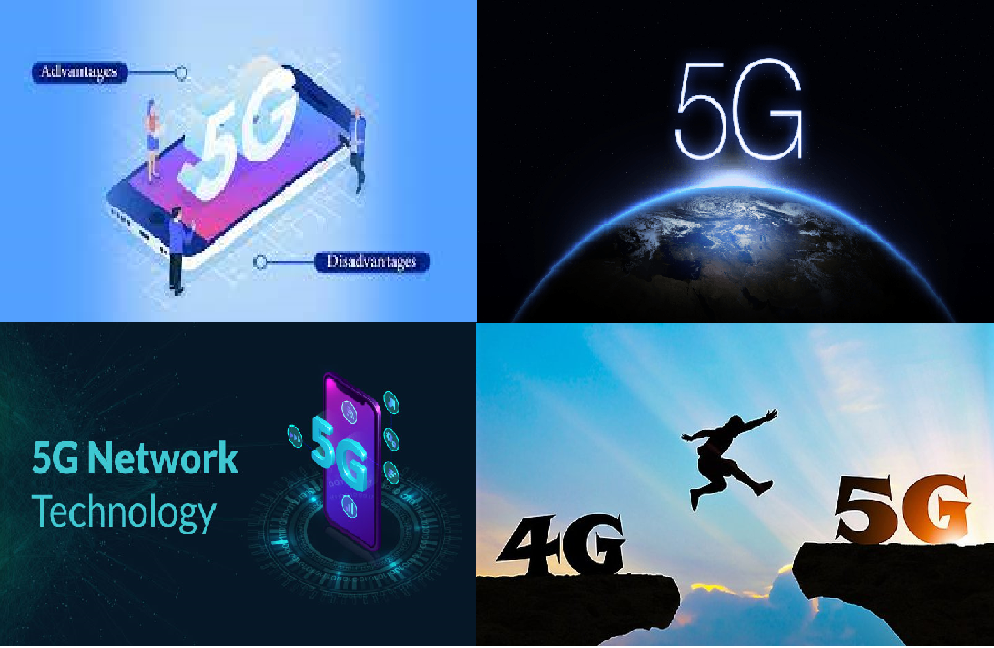5G Network Advantages and Disadvantages
Categories: Hardware & Networking

5G Network Advantages and Disadvantages
It has been said for some time that the 5G network will change our lives in the next few years. However, during that time, it has also given rise to events that have led to the development of a whole range of discussions about its many benefits as well as its disadvantages.
Advantages Of 5G Technology
High Download Speed
5G networks will have the potential to increase download speeds by up to 20 times (from 200 Mbps (4G) to 10 Gbps (5G)) and reduce latency (response time between devices). These speeds will maximize the browsing experience by facilitating processes that, although possible today, still present difficulties.
Low Latency
5G has lower latency as compared to 4G which will efficiently support new applications like AI, IoT and Virtual Reality. Not only this, it enables the mobile phone users to open a webpage and browse through things without any hassle. Another thing is that it provides ways to access internet any time in search of any important information.
Bandwidth
With increased bandwidth, 5G technology provides seamless transfer of data, thus improving connectivity between devices and overall user experience. In addition, the technology provides users with a seamless transition of services between cellular devices and wireless WiFi, thereby improving performance. This is another advantage of 5G technology. Moreover, the lesser number of 5G towers will also provide better bandwidth to the users.
Disadvantages Of 5G Technology
Limited Global Coverage
The main disadvantage of 5G is that it has limited global coverage and is only available in specific locations. Only cities can greatly benefit from 5G networks, and remote areas may not get coverage for a few years. Also, the cost of setting up tower stations is high as compared to other networks.
Decreased Broadcast Distance
Although 5G operates at higher speeds, it doesn't travel as far as 4G. Also, tall buildings and trees can block the frequencies of 5G networks resulting in various problems. Hence, it requires more towers for coverage which is time consuming and costly. Rain can also create problems for 5G coverage which requires more protection.
Cyber Security Risk
Another drawback of 5G technology is that it increases the risk of hacking and thus affects cyber security. Furthermore, the lack of encryption during the connection process also makes devices using 5G technology an easy target for cyberattacks and data theft.